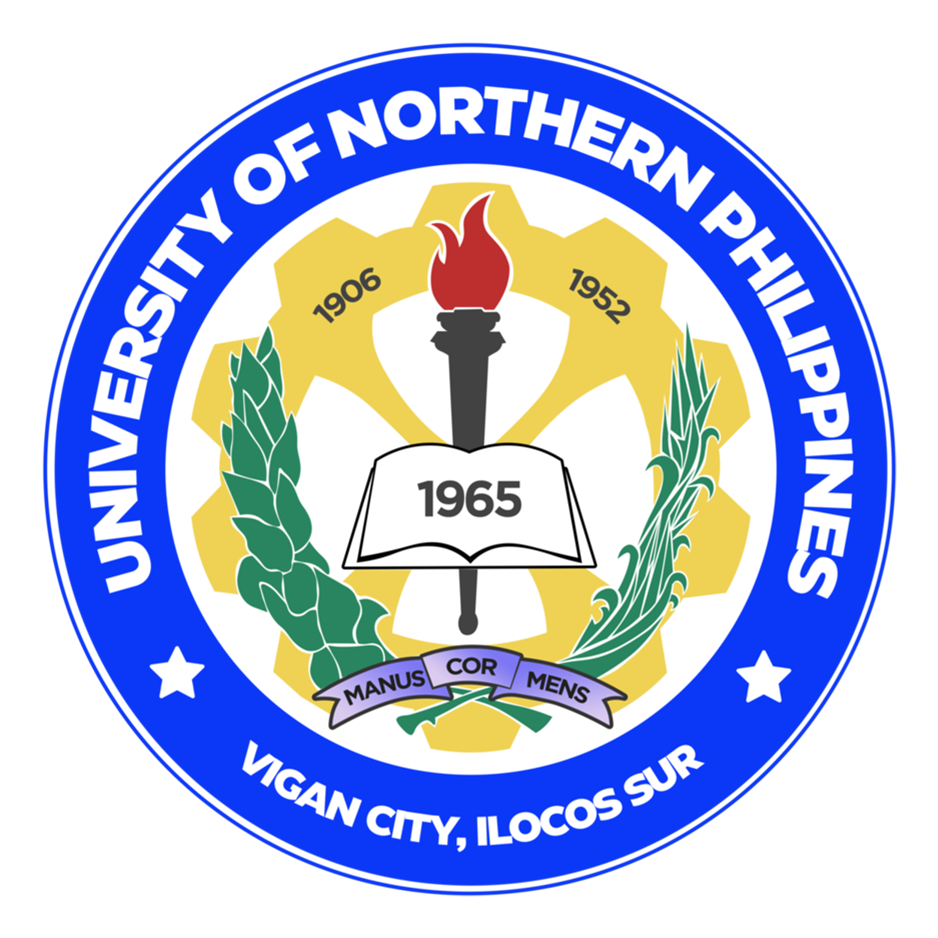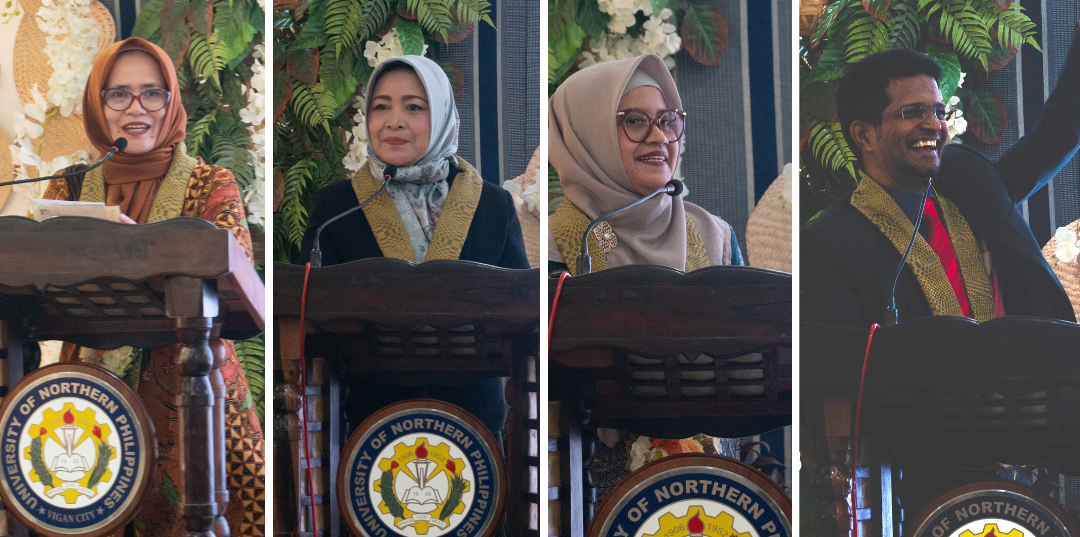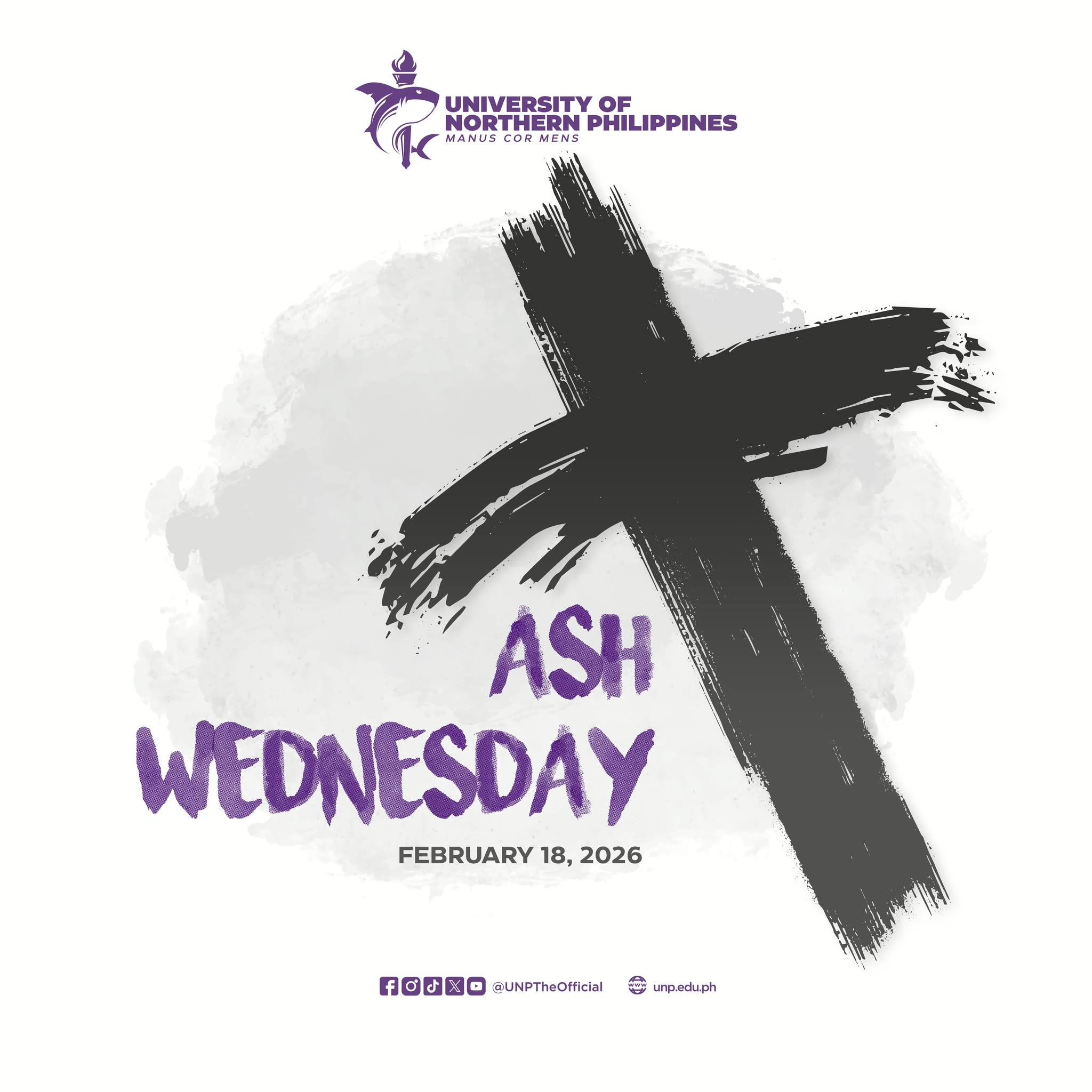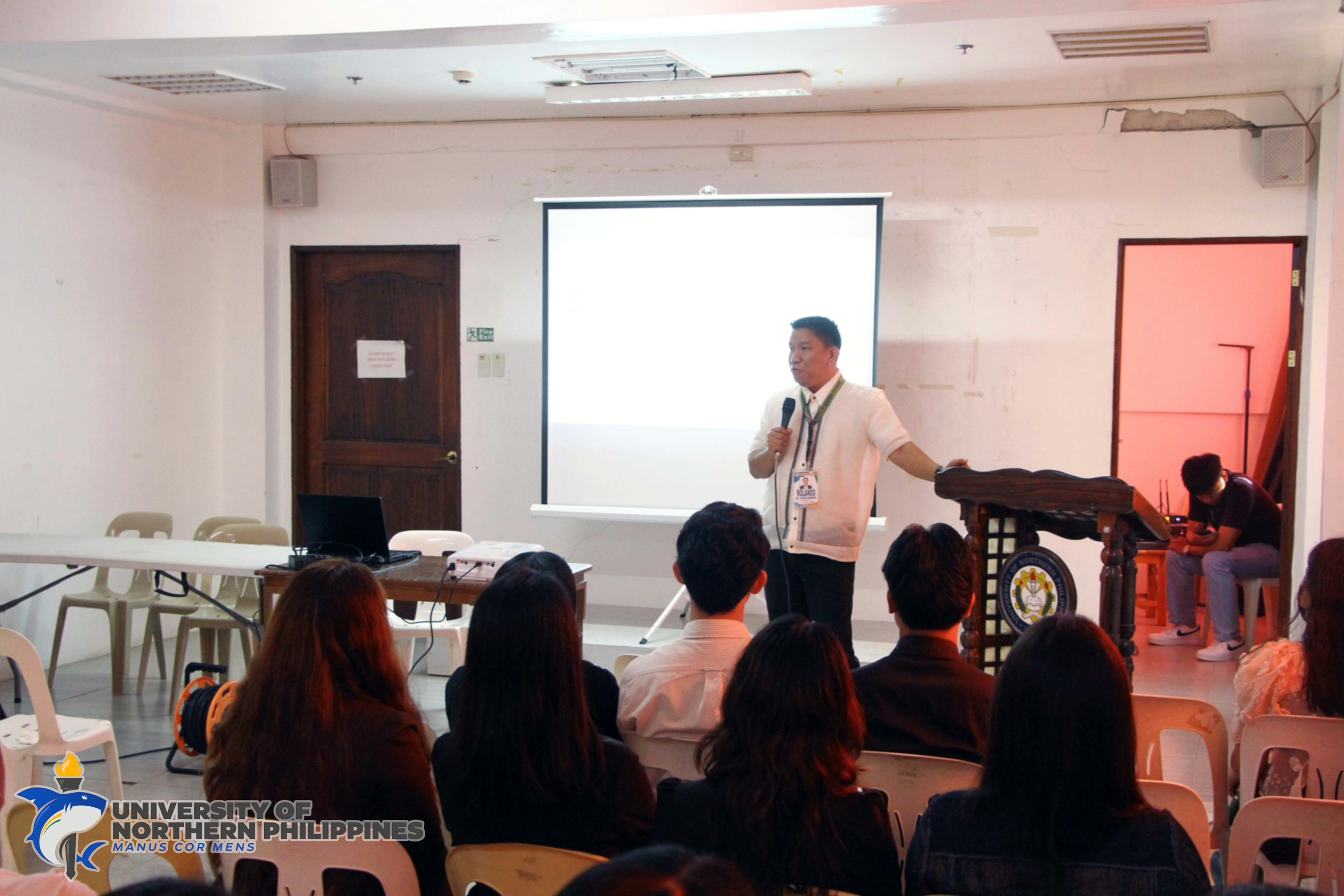As part of the 59th foundation anniversary of the University of Northern Philippines, the ASEAN Conference on Business, Education, and Social Sciences for Sustainable Development featured professors from ASEAN universities at the Tadena Hall on October 10, 2024.
Guest speakers from Indonesia and Malaysia graced the morning session. Meanwhile, the faculty members of the College of Arts and Sciences and the College of Teacher Education participated in the affair.
In his opening remarks, Vice President for Academic Affairs Rolando B. Navarro explained how these fields—business, education, and the social sciences—shape the trajectories of today’s technology-driven and progressive landscape in the ASEAN region.
They do so by shaping the understanding of social issues ethically, providing opportunities for progress, upscaling ASEAN peoples’ economic, social, and cultural capital, and advancing ways of respecting the environment.
University President Erwin F. Cadorna also discussed how knowledge from these fields “can shape a future that meets the needs of the present without compromising the ability of future generations to meet their own needs.”
“As business leaders, educators, and social scientists, we each bring unique perspectives to the table. When we combine our insights, we unlock innovative solutions that can drive sustainable development across ASEAN and beyond,” he said.
Dr. Christine N. Ferrer, director of the CHED Regional Office I, also delivered a message and commended UNP’s internationalization initiatives.
Three professors from Universitas Muhammadiyah Surakarta, Indonesia, and one from Universiti Malaysia Sabah served as the lecturers.
SOCIAL-EMOTIONAL LEARNING (SEL) AND SOFT SKILLS
Social-emotional learning (SEL) and soft skills were the focus of the talk of Dr. Mauly Halwat, vice dean of academic affairs at the Universitas Muhammadiyah Surakarta.
She echoed existing research on the long-term impact of SEL on students’ academic growth. It aims to not only develop positive dispositions for learning but also help learners show empathy for and establish and maintain positive relationships with others.
According to her, the components of SEL must go hand in hand with the development of soft skills, including communication, teamwork, and emotional intelligence. They must be integrated into academic programs through curriculum design and dedicated SEL programs. She also shared that Indonesia has done this through education policy, curriculum development, and training for teachers.
TRANSFORMATION OF TEACHING AND LEARNING
Explaining John Dewey’s oft-quoted theorization on pedagogy, Dr. Koesoemo Ratih, chief of the Learning Innovation Center of the same university, called for the transformation of teaching and learning.
This arises out of global policies such as the fourth sustainable development goal (quality education), the strategic plan of the Southeast Asian Ministers of Education Organization (SEAMEO) on the revitalization of teacher education and adoption of 21st-century curriculum, and the emphasis of the United Nations Educational, Scientific and Cultural Organization (UNESCO) on learner-centered pedagogy and ICT integration.
Thereafter, she presented the principles and steps of four teaching methods that respond to these imperatives. They include case, problem-based, project-based, and team-based learning methods.
TOWARDS CONDUCIVE LEARNING ENVIRONMENTS
Dr. Murfiah Dewi, vice dean of financial affairs of the same university, discussed the importance of conducive learning environments, focusing on “having” a good school condition, “loving” which leads to social relationships, “being” which actualizes self-fulfillment, and health and well-being of students and teachers.
According to her, challenges in managing school facilities and infrastructure remain, especially in most Southeast Asian countries. Nevertheless, she posited that these can be addressed through partnerships, awareness campaigns, smart budgeting, and technology integration.
GLOBAL GOALS AND CULTURAL DIVERSITY: MALAYSIA AND THE PHILIPPINES IN A COMPARATIVE PERSPECTIVE
Lastly, Dr. Balan Rathakrishnan of the Universiti Malaysia Sabah discussed the imperative of attaining sustainable futures and global goals while promoting cultural diversity.
He did so by comparing the best practices of Malaysia and the Philippines, namely: the Malaysia 2050 Blueprint, which includes diverse cultures in decisions, and the Philippine Development Plan, which ensures that everyone benefits from growth.
This point is even more pronounced in the ways in which Malaysia anchors its goals on the Rukun Negara which promotes unity among different ethnolinguistic groups and the Philippines includes Indigenous knowledge to help students value their cultures.
In addition, he asserted that the sustainable development goals aim to tackle global challenges through local solutions as can be seen in Malaysia’s MySDG and the Philippines’ Ambisyon Natin 2040.
He called for the imperative to sustain these moves through inclusive policy frameworks, support for local practices, community empowerment, and collaborations among government and non-governmental organizations and communities.
The ASEAN Conference on Business, Education, and Social Sciences for Sustainable Development was envisioned to strengthen UNP’s ties with other ASEAN universities and organizations and facilitate the sharing of knowledge, best practices, and innovations.
The International Affairs and External Linkages Office, College of Arts and Sciences, College of Business Administration and Accountancy, and College of Teacher Education led the event. At the helm of these offices were Dr. Sally A. Jarin, Dr. Remedios T. Navarro, Dr. Erwin T. Tolbe, and Dr. Ma. Teresa Susan L. Manzano.




